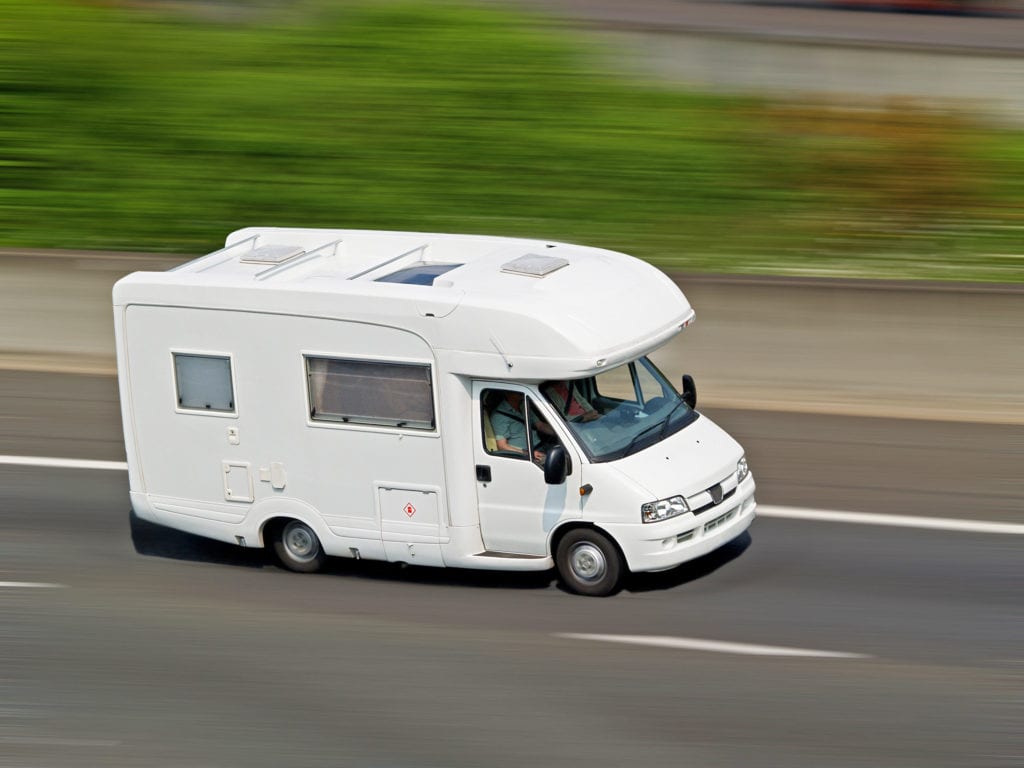- May 2, 2019
- 215
- 171
- Funster No
- 60,475
- MH
- Hymercar Yosemite
- Exp
- Since summer 2019
Hi. Can anyone out there with a degree of electrical expertise please explain the following to me? For over 2 years I have used a cheap 12V tyre inflator to 'top up' our campervan tyres to the recommended 80 psi. The van has two 12V cigar lighter style sockets on the leisure side and I have used both of these. They are both rated at 120W and protected by 10A fuses. The inflator also has a 10A fuse. Never a problem until yesterday when the inflator died. Opening it up I found that the cylinder had fractured, which I put down to old age given that I also use the inflator on our small hatchback. I then went to Halfords and bought another 12V tyre inflator, again running at a max. of 10A. However, using this on one of the leisure 12V sockets blew the 10A fuse in the van, but not the 10A fuse in the inflator itself. I replaced the van fuse and the same thing happened. Clearly, the van's 12V leisure electrics do not like this new 10A inflator. Have I just been lucky before with the previous inflator, which never blew a fuse? I see that the 12V cigar lighter on the cab side of the van (Fiat Ducato) is protected by a 15A fuse so perhaps I should just use that? This would bring another problem in that the inflator's cable is not long enough to run from the middle of the dashboard to the rear tyres, but I guess I could get some kind of extension cable. Any thoughts or recommendations? Thanks for reading this far!


